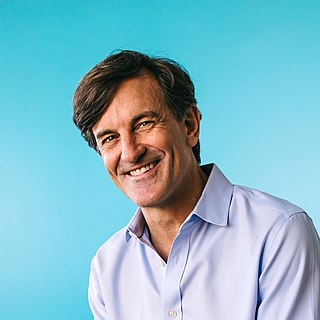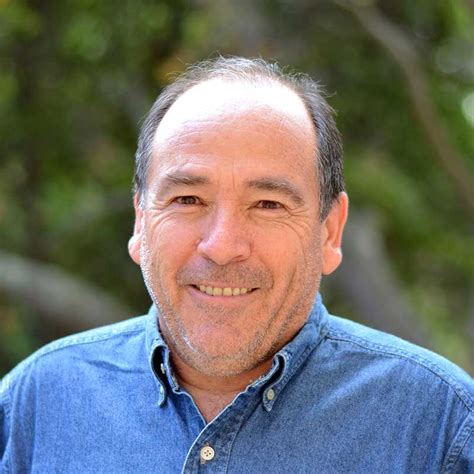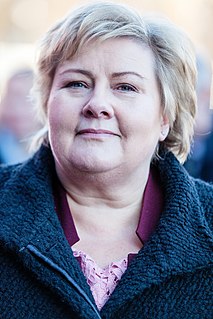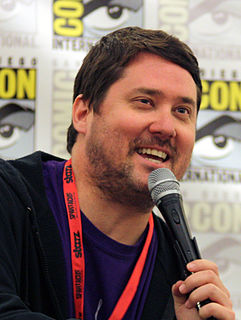A Quote by Ann Coulter
You know, OK, I made a few jokes - and they killed 3000 Americans. Fair trade.
Related Quotes
The American people want to make sure that the rules of the game are fair. And what that means is that if you look at surveys around Americans' attitudes on trade, the majority of the American people still support trade. But they're concerned about whether or not trade is fair, and whether we get the same access to other countries' markets that they have with us. Is there just a race to the bottom when it comes to wages, and so forth.
I was a bartender in New York and I overheard this girl saying she made $3000 doing a commercial. A kid at work told me, 'Hey, I know this director and he'd really like you!'. So I walked into this guy's office and was like 'I was thinking maybe I could make $3000' and he hired me for commercials, short films, like 15 jobs in a row.
OK, so here's the deal. First of all, "The Wall Street Journal" was bought for $5 billion. It's now worth $500 million, OK. They don't have to tell me what to do. "The Wall Street Journal" has been wrong so many different times about so many different things. I am all for free trade, but it's got to be fair. When Ford moves their massive plant to Mexico, we get nothing. We lose all of these jobs.
Gansey appeared beside Blue in the doorway. He shook his empty bottle at her. "Fair trade," he told her in a way that indicated he had selected a fair-trade coffee beverage entirely so that he could tell Blue that he had selected a fair-trade coffee beverage so that she could tell him well done with your carbon footprint and all that jazz. Blue said, "Better recycle that bottle.

































